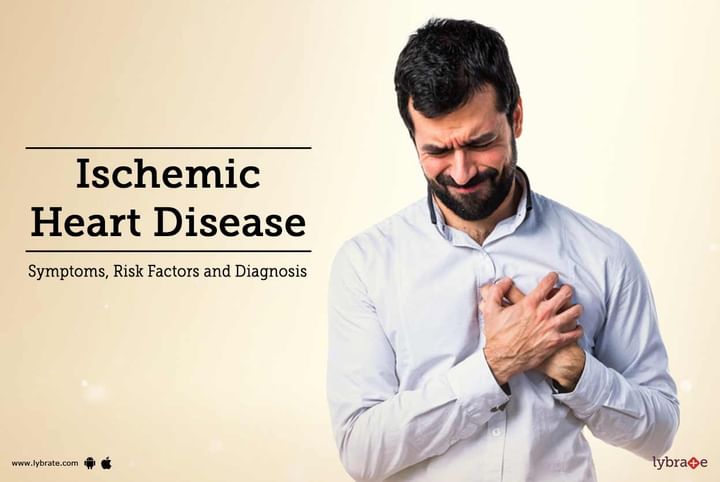Ischemic Heart Disease - Symptoms, Risk Factors and Diagnosis
Ischemic heart disease is also known as ischemic cardiomyopathy in medical lingo. It generally results from weakened heart muscles due to previous conditions such as heart attack or other coronary diseases. The left ventricle of an IC patient tends to enlarge and gets dilated. As a result of this, the heart fails to pump an adequate amount of blood into the body resulting in a heart failure.
A doctor typically tries to find out the underlying cause of the condition and evaluate the extent of damage that has already happened. A combination of surgery, lifestyle changes, medication and other methods could be recommended to fix the condition.
Symptoms of Ischemic Heart Disease:
An early stage ischemic heart disease could not show any symptom at all. However, if the IC results from diseases related to the coronary artery, some of the common symptoms that are encountered include dizziness and fainting, unexplained weight gain, fatigue, congestion in the lungs, chest pain, swelling in the abdomen, sleeping problems, swelling of the feet and the leg, shortness of breath etc.
Risk Factor of Ischemic Heart Disease:
IC is typically caused by coronary artery diseases and heart attacks. Some of the other risk factors of this disease include diabetes, high cholesterol, long history of drug abuse, obesity, family history of cardiac diseases, amyloidosis, blood pressure, long history of smoking and bad lifestyle. Men are at increased risk of developing ischemic heart disease. Women above the age of 30 who is an active smoker and consume contraceptive pills are also at a high risk of developing ischemic cardiomyopathy.
How Is IC Diagnosed?
A cardiologist will perform a physical exam and conducts one or several tests to diagnose the condition. A blood work measuring the level of triglyceride and cholesterol is the first step towards it. This can be followed up by several imagery tests such as MRI and CT scan to examine the internal tissues. Some other tests that could be done by a cardiologist include ECG, angiography, EKG and radionuclide studies.
How Is The Condition Treated?
There is a step approach to treatment for ischemic heart disease. The first is lifestyle related. A healthy diet must be followed on a regular basis. Diet should be free from cholesterol, sodium and processed fat. Quitting smoking and drinking is a key lifestyle change that a person will have to undergo. In the medication front, a cardiologist might prescribe beta blockers, blockers of calcium channels, aldosterone inhibitor and blood thinners. The idea behind every medication is to ensure that the heart muscle works at the optimum level. If medication doesn’t work, a doctor might suggest procedures such as stent insertion, pacemaker implant, angioplasty and radiation therapy. If you wish to discuss about any specific problem, you can consult a Cardiologist.



+1.svg)
